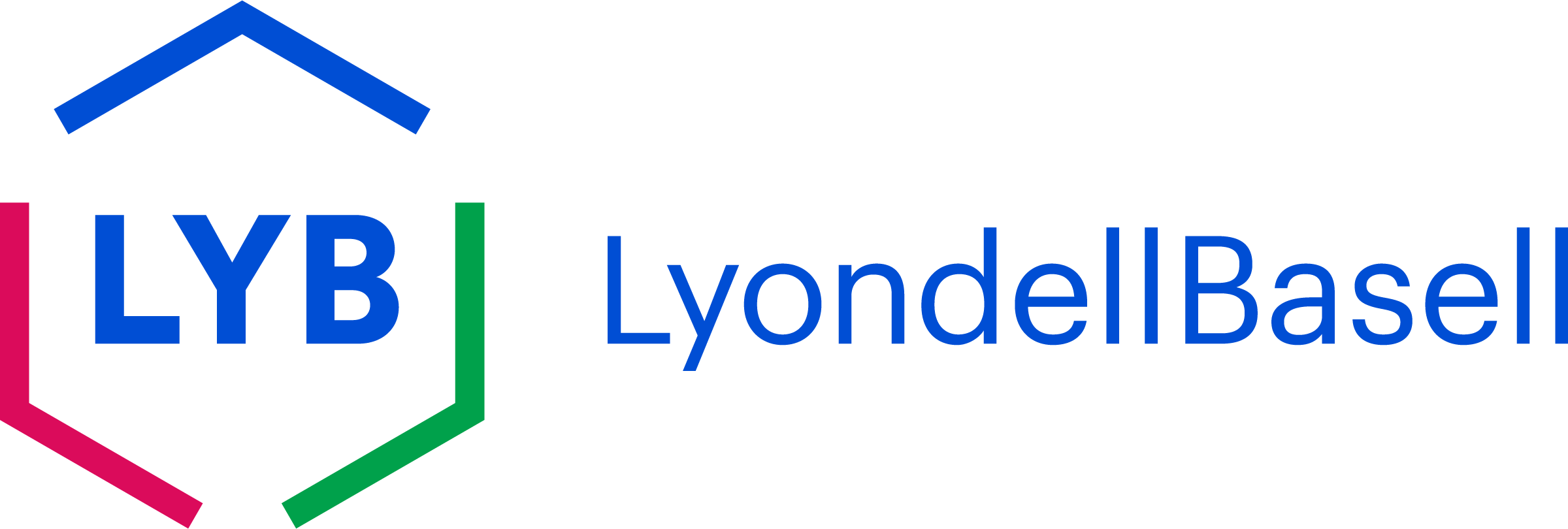All around the globe, citizens have been advised to wear face masks to protect themselves and others from COVID-19. While many of us have grabbed sewing machines to make home-made facial coverings out of textile, surgical and respirator face masks are made industrially.
What is the difference between surgical and respirator masks?
Surgical masks are fairly loose-fitting face coverings that can be bought in pharmacies. The edges of the mask do not form a seal around the nose and mouth. This is what distinguishes them visually from a respirator face mask which is designed to achieve a very close facial fit in order to protect the wearer from small particles.
“Surgical and respirator masks are high-performance face masks with a complex structure. They both consist of a very high number of layers that contain microfilaments which are 70 times finer than human hair and 12 times finer than cotton,” said Renaud Lemaire, a LyondellBasell engineer. “Their fine diameter and endless nature create the most effective barrier against particles like viruses. While respirator masks are made entirely out of melt-blown microfilaments, surgical masks usually consist of three layers. To benefit from the barrier effect of the microfilaments, the surgical masks need to have a melt-blown layer in the middle made of polypropylene.”
Melt-blown extrusion is a manufacturing process that is used for creating non-woven fabric which is made from polymers such as polypropylene. LyondellBasell provides a complete set of Moplen and Metocene polypropylene grades for melt-blown applications such as surgical and respirator masks. By using our latest generations of Avant ZN and Avant M polymerization catalysts, these grades are best-in-class in terms of purity, technical performance and ease of processing. They permit a reliable production of the finest microfilaments which create a clearly improved barrier effect.
“Safety is at the core of our company culture. It is so satisfying to know that thanks to our products, we contribute to the protection of so many people around the world during these difficult times,” Lemaire added.
#LYBProud



